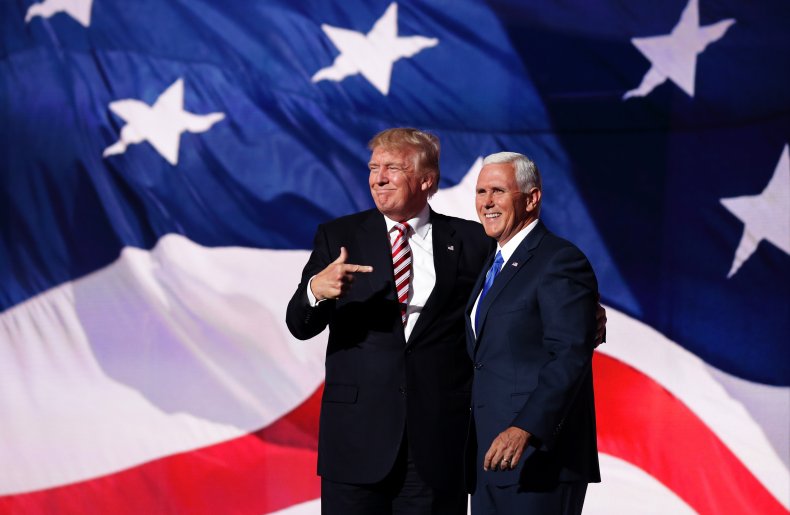A Supreme Court ruling from June may have handed Special Counsel Jack Smith a new tool in his investigation of Donald Trump, according to legal scholars Laurence Tribe and Dennis Aftergut.
Smith and the Department of Justice (DOJ) are reportedly reaching their endgame in the federal criminal investigation into former President Trump's attempts to overturn the 2020 election. According to Trump himself, he was recently served a "target letter" in relation to the case, a move that frequently comes shortly before an individual is hit with criminal charges.
Writing in a column for Slate on Tuesday, Tribe and Aftergut argued that a ruling made by the Supreme Court is highly applicable to Trump's case and could aid Smith in bringing a case against him. On June 27, the court issued a ruling in Counterman v. Colorado, a case concerning an individual who sent thousands of threatening messages to Denver-based singer-songwriter, Coles Whalen. In a 7-2 decision, the court ruled that "a mental state of recklessness" when making threats of violence is sufficient for them to count as "true threats," which means that they are not covered under the First Amendment's free speech protections.
"That shoe fits Trump like custom footwear measured and made in Milan," Tribe and Aftergut wrote.

The column noted that one of the three potential charges reportedly referenced in Trump's target letter was "conspir[ing] to injure, threaten, or intimidate a person ... in the free exercise or enjoyment of any right or privilege secured by the Constitution or laws of the United States or because of his or her having exercised such a right." This, they argued, is in reference to a tweet made by Trump on January 6, 2021, before the Capitol riots began, accusing his Vice President Mike Pence of not having "the courage" to overturn the election results for him.
"Trump plainly had in mind one or more of three aims," the legal scholars continued. "First, for a final desperate time, to directly intimidate and threaten Pence to bend to Trump's will by using the mob in the Capitol. Second, to inflame the insurrectionists so they would threaten or intimidate Pence to surrender his right as presiding officer to have the votes lawfully counted."
They added: "Third, to wreak revenge on Pence for not yielding should the first two aims fail. That would constitute an attempt to punish Pence for exercising his constitutional right—and by proxy that of American voters—another violation of the statute."
Trump has maintained his innocence of any wrongdoing in relation to the DOJ's investigation, as he has in all of the legal battles in which he is currently engaged. He has also claimed that he had no reason to believe that Pence was vulnerable during the Capitol riot, stating in an ABC News interview that he "thought [Pence] was well protected.
Newsweek reached out to Trump's office via email for comment.








